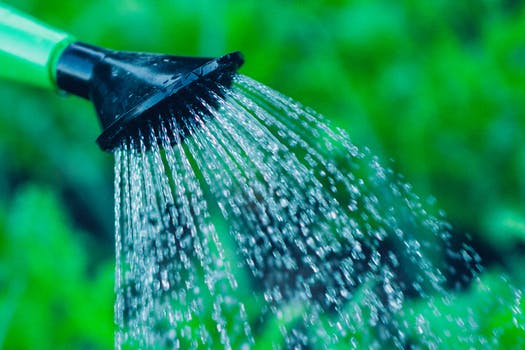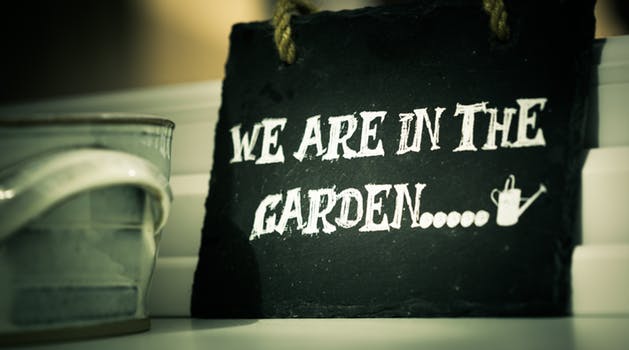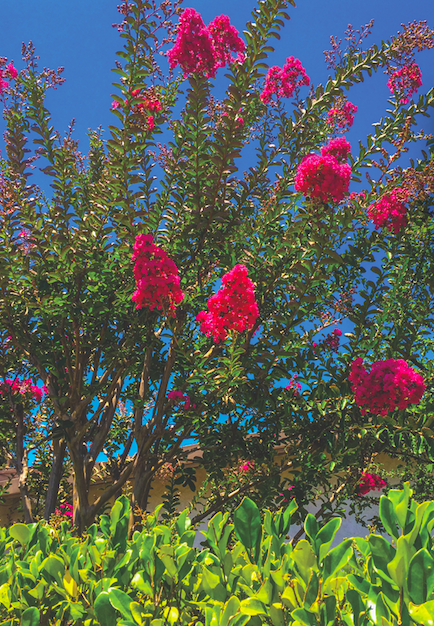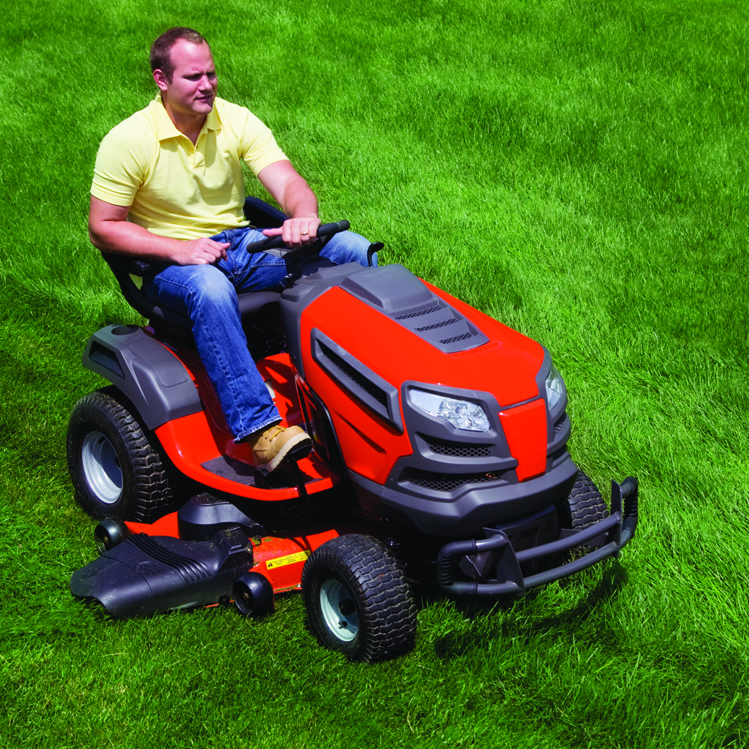Lawns and gardens can bear the brunt of winter weather and are often in need of tender loving care by the time spring arrives.
Preparing a garden for spring and summer involves assessing any damage that harsh weather might have caused. As temperatures climb, gardeners can heed the following post-winter garden preparation tips in an effort to ensure some successful gardening in the months ahead.
· Assess the damage. Even if winter was mild, gardens might still have suffered some damage. Inspect garden beds and any fencing or barriers designed to keep wildlife from getting into the garden. Before planting anew, fix any damage that Mother Nature or local wildlife might have caused over the past several months.
· Clear debris. Garden beds and surrounding landscapes that survived winter without being damaged might still be littered with debris. Remove fallen leaves, branches and even litter that blew about on windy winter days before planting season. Make sure to discard any debris effectively so it does not find its way back into the garden.
· Turn the greenhouse into a clean house. Spring cleaning is not just for the interior of a home. Cleaning a greenhouse in advance of spring can help gardeners evict any overwintering pests that can threaten plant life once spring gardening season arrives. A thorough cleaning, which should include cleaning the inside of greenhouse glass and washing flower pots and plant trays, also can prevent plant diseases from surviving into spring.
· Check for pests. Speak with a local gardening professional to determine if there are any local pests to look out for and how to recognize and remove these pets from gardens. Pests may hibernate in the soil over the winter, and such unwelcome visitors can make it difficult for gardens to thrive come spring and summer.
 · Assess plant location. If plants, flowers or gardens have struggled in recent years or never grew especially vibrant, then gardeners may want to assess the location of their plant life before spring gardening season begins. Some plants may not be getting enough sunlight in certain locations on a property, while others might be overexposed to the sun during spring and summer. Moving plants that are not thriving prior to the start of spring gardening season may be just what gardens need to flourish in the coming weeks.
· Assess plant location. If plants, flowers or gardens have struggled in recent years or never grew especially vibrant, then gardeners may want to assess the location of their plant life before spring gardening season begins. Some plants may not be getting enough sunlight in certain locations on a property, while others might be overexposed to the sun during spring and summer. Moving plants that are not thriving prior to the start of spring gardening season may be just what gardens need to flourish in the coming weeks.
Spring gardening season is right around the corner, so now is an ideal time to prepare gardens for the warmer seasons ahead.







